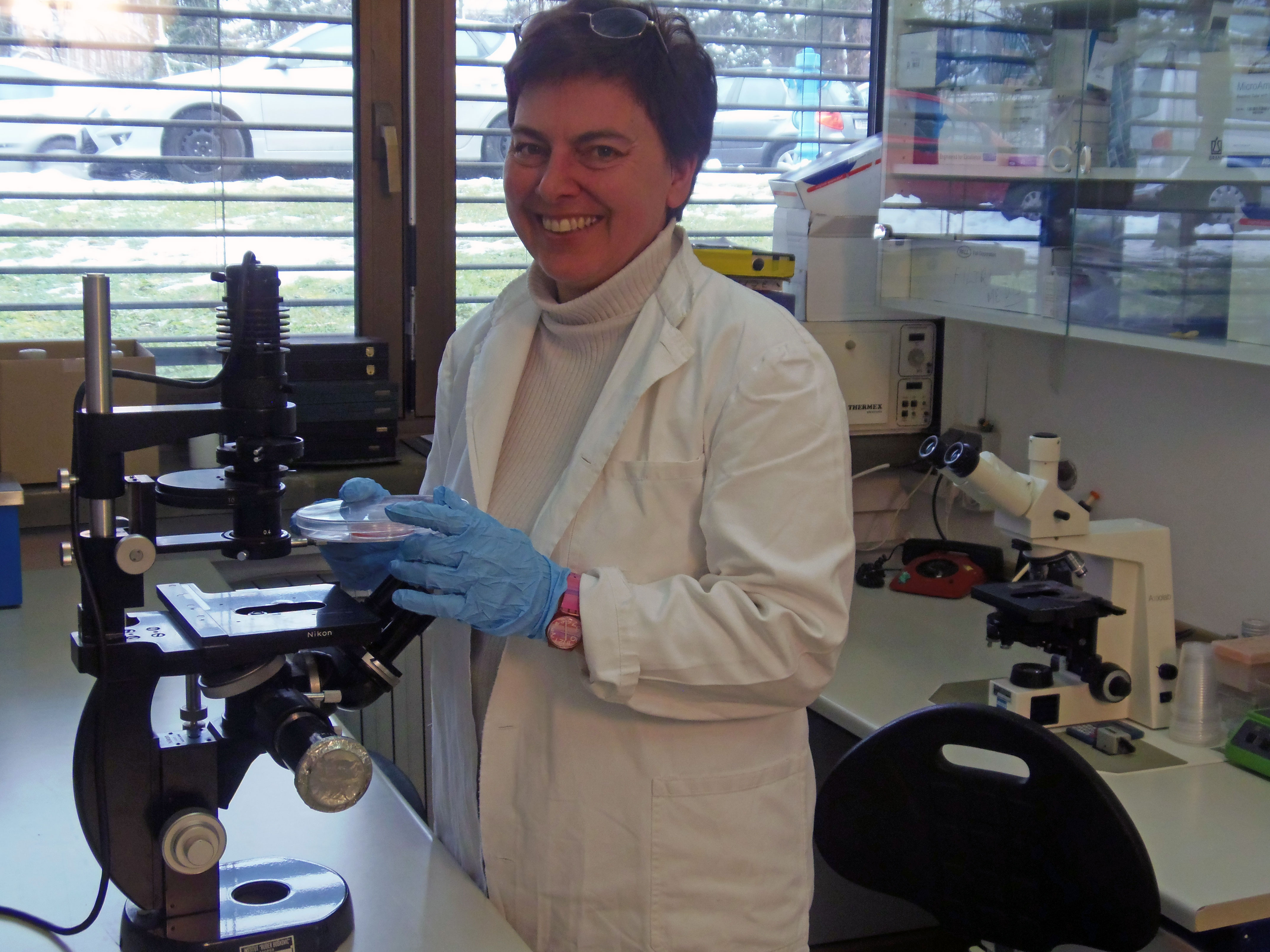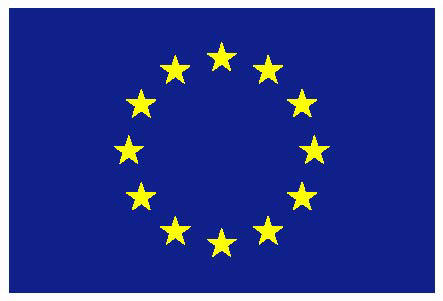Stem cell research may aid quest to repair damaged immunity

Professor Mariastefania Antica, scientist from the Croatian Ruđer Bošković Institute (RBI) joined the international scientific team on the multidisciplinary THYMISTEM project worth 6 million euros. The project, which was launched under a prestigious FP7-HEALTHS grant scheme, gathers partner institutions and expert stem cell biologists, immunologists and tissue engineers from 6 EU countries and the USA. Over the next four years this team of experts will try to find new therapies to treat people with damaged immune system.
''The most important prerequisite for the project success is the understanding how stem cells from human thymic tissue develop and support lymphocyte differentiation, as well as how this process could be controlled and achieved in laboratory conditions.'' - explains Prof. Antica.
The ultimate goal of the project is to create a pre-clinical fundamental for the development of a new direction of cell therapy – transplantation of thymic stem cells or organoids for the restoration of thymus and the immune system of patients.
Thymus – guardian of the immune system
Thymus is the central organ of the immune system located in the chest above the heart. It plays crucial role in the restoration of T-lymphocytes and normal function of the immune system. However this is also the first organ that degenerates in adults, which is why older people are more susceptible to various viral infections, such as influenza. In addition, thymus is susceptible to a number of cytotoxic factors such as radiation, chemotherapy, the action of various toxins, unfavourable environment.
Previous studies have shown that transplanting thymus cells can be an effective way to repair and restore the immune system. The major barrier to using this as a treatment is the lack of a source of these specialised cells. However, it was shown in mice that stem cells of the thymus are able to reproduce all subpopulations of thymic epithelial cells. But so far, no protocols for laboratory cultivation of thymic tissue were developed.
Paving the way for the new stem cell therapies
Therefore, the aim of the project THYMISTEM is to develop robust protocols for long-term cultivation of human thymic cells in vitro and to establish procedures for their recovery and long-term maintenance in laboratory conditions.
''It is important to emphasize that the project is based on fundamental research. Scientists will work with adult thymus tissue which is actually a by-product of heart surgeries. We are going to isolate stem cells from this tissue in order to grow thymic epithelial cells and restore the lymphocyte repertoire.
If we succeed to grow the thymic cells 'in a test tube' we will be able to rebuild damaged tissue or produce new thymic tissue which will enable the restoration of T lymphocytes and ensure the creation of a normal immune system.'' - explains Prof. Antica.
THYMISTEM among only 10 percent projects eligible for the EU funding
The THYMISTEM project received excellent evaluation by the European Commission. In fact, THYMISTEM projects was in the group of only 124 positively evaluated projects that were selected for EU funding of the total of 1309 applications.
''However, the RBI participation would not be possible if it weren`t for the support of colleagues from the Zagreb University Hospital Centre 'Rebro' and the University of Zagreb School of Medicine, especially Prof. Danka Grčević.'' - added Prof. Antica.
Promoting international cooperation
The European Commission recognized the expertise, value and sustainability of the THYMISTEM project based on the knowledge, skills and accomplishments of the researchers involved. Along with Croatia, the initiative brings together nine teams from the respectable partner institutions from Spain, Turkey, Czech Republic, USA and Ukraine led by the University of Edinburgh, UK, as the project coordinator.
It should be pointed out that this funding from the European Commission actively promotes the development of strong interactions between the groups in Europe with specific knowledge and expertise.
“The THYMISTEM project includes stem cell biologists, immunologists, tissue engineers and two cell banks. All of our skills will be needed to achieve the project’s overall goals and without this type of funding from the European Union, such a grouping could never be brought together,” added the project coordinator Professor Clare Blackburn of the MRC Centre for Regenerative Medicine at the University of Edinburgh.
The award from the European Union Seventh Framework Programme (FP7/2007-2013 under grant agreement number 602587) will be shared by nine research teams and the RBI experts will receive 0.5 million euros.
This project has received funding from the European Union’s Seventh Programme for research, technological development and demonstration under grant agreement No. 602587.


